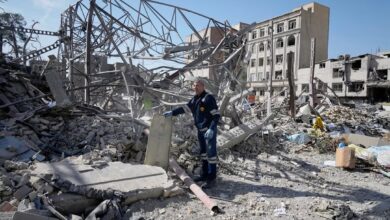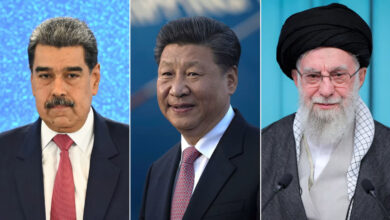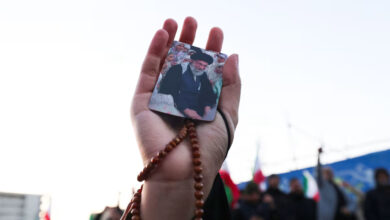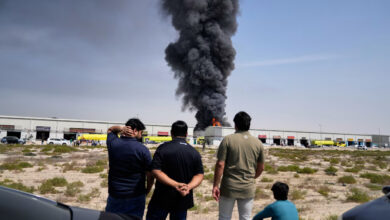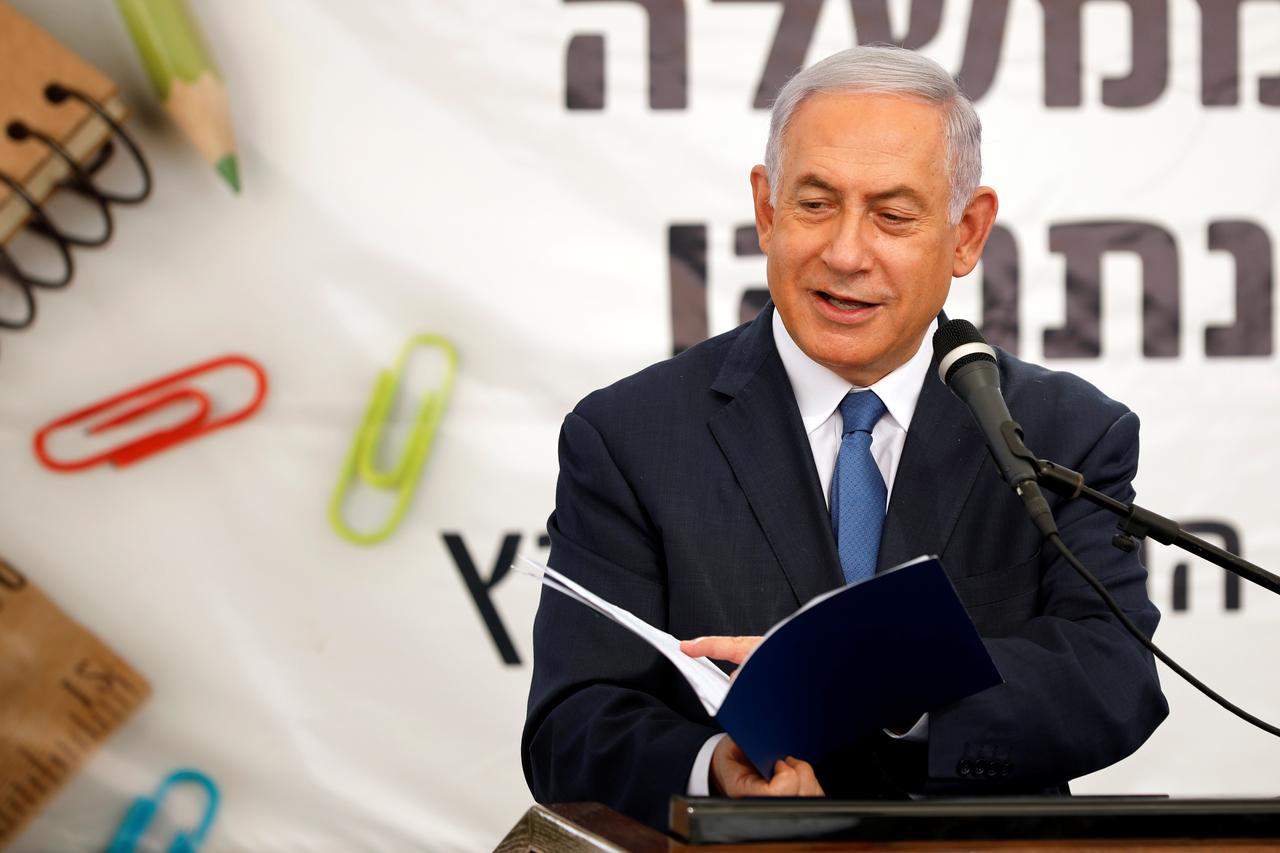
JERUSALEM (Reuters) – Israeli Prime Minister Benjamin Netanyahu intends to annex all Israeli settlements in the occupied West Bank, he said on Sunday, reiterating an election promise made five months ago but again giving no timeframe.
Settlements are one of the most heated issues in the Israeli-Palestinian conflict. Palestinians have voiced fears Netanyahu could defy international consensus and move ahead with annexation with possible backing from US President Donald Trump, a close ally.
“With God’s help we will extend Jewish sovereignty to all the settlements as part of the (biblical) land of Israel, as part of the state of Israel,” Netanyahu said in Sunday’s speech in the West Bank settlement of Elkana, where he attended a ceremony opening the school year.
He did not say when he planned to make such a move.
Nabil Abu Rdainah, a spokesman for Palestinian President Mahmoud Abbas, said Netanyahu’s announcement was a “continuation of attempts to create an unacceptable fait accompli that will not lead to any peace, security or stability”.
Netanyahu, who heads the right-wing Likud party, made a similar pledge days before an Israeli general election in April. After the vote, he failed to form a governing parliamentary majority and the country will hold a new election on Sept. 17.
His reaffirmation of the annexation promise came amid a campaign push to draw supporters of far-right factions to Likud in the coming election, in which votes are cast for a party’s list of parliamentary candidates.
In power for the past decade, but with corruption charges looming, Netanyahu has cautioned that Likud needs to emerge with a decisive lead in the ballot or Israel’s president might choose another candidate to form a governing coalition after the race.
Netanyahu has denied any wrongdoing in three criminal investigations against him. Likud is running neck-and-neck in opinion polls with the centrist Blue and White party led by former armed forces chief Benny Gantz.
GOLAN ANNEXATION
With publication of a US peace plan still pending, Trump has already recognized Israel’s 1981 annexation of the Golan Heights, land captured from Syria in the 1967 Middle East war.
Palestinians seek to make the West Bank part of a future state that would include the Gaza Strip and have East Jerusalem as its capital. Israel seized those areas in 1967 and moved troops and settlers out of Gaza in 2005.
“This is our land,” Netanyahu said in his speech in Elkana. “We will build another Elkana and another Elkana and another Elkana. We will not uproot anyone here.”
More than 400,000 Israelis now live in the West Bank, according to Israeli figures, among a Palestinian population put at about 2.9 million by the Palestinian Statistics Bureau.
A further 212,000 Israeli settlers live in East Jerusalem, according to the United Nations.
The Palestinians and many countries consider settlements to be illegal under the Geneva Conventions that bar settling on land captured in war. Israel disputes this, citing security needs and biblical, historical and political connections to the land.
Reporting by Jeffrey Heller; Editing by David Goodman and Dale Hudson
Image: Israeli Prime Minister Benjamin Netanyahu speaks during a ceremony opening the school year in the Jewish settlement of Elkana in the Israeli-occupied West Bank September 1, 2019. REUTERS/Amir Cohen

